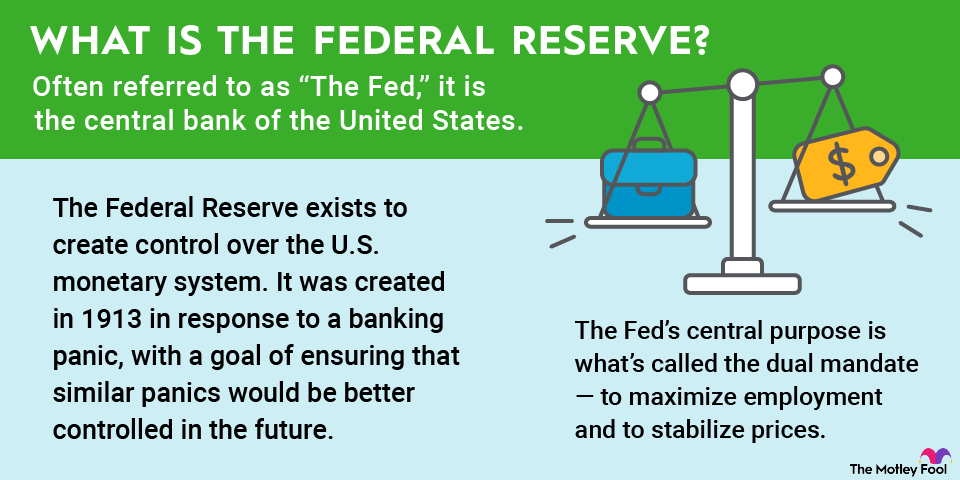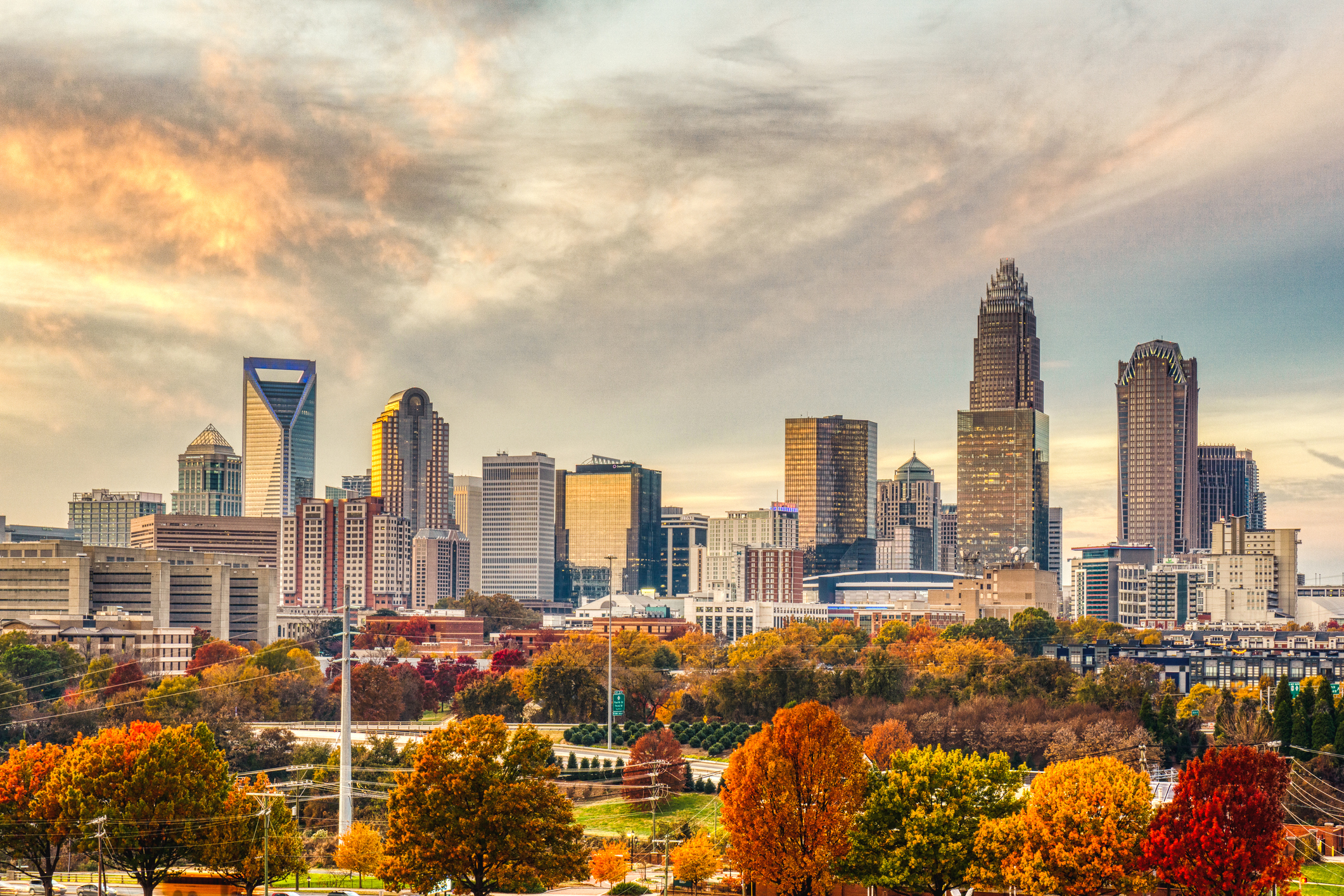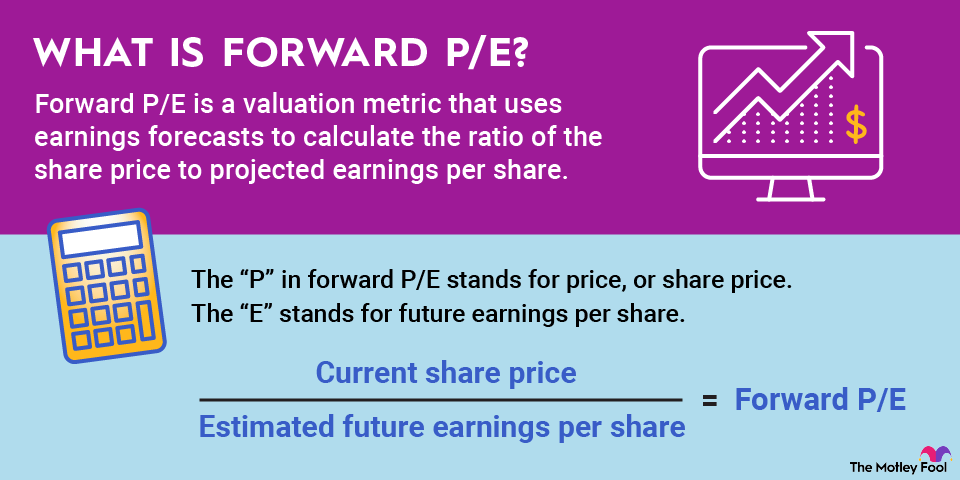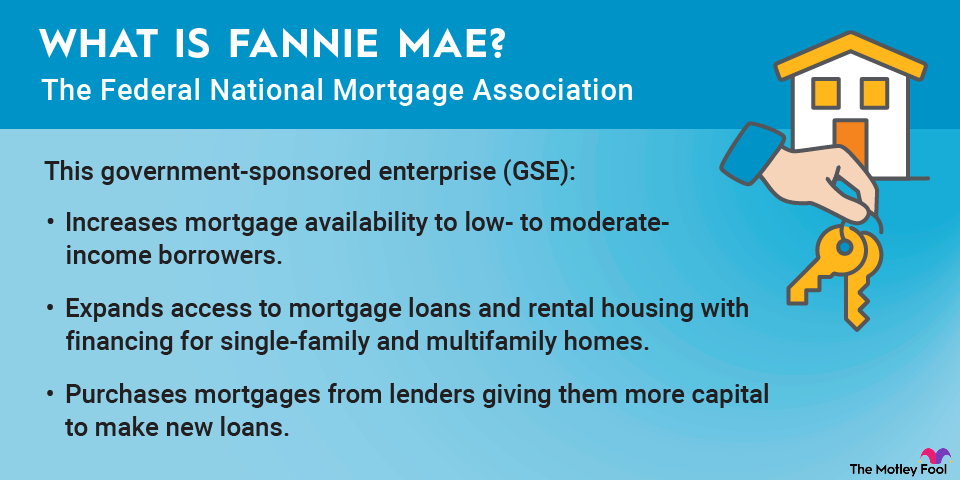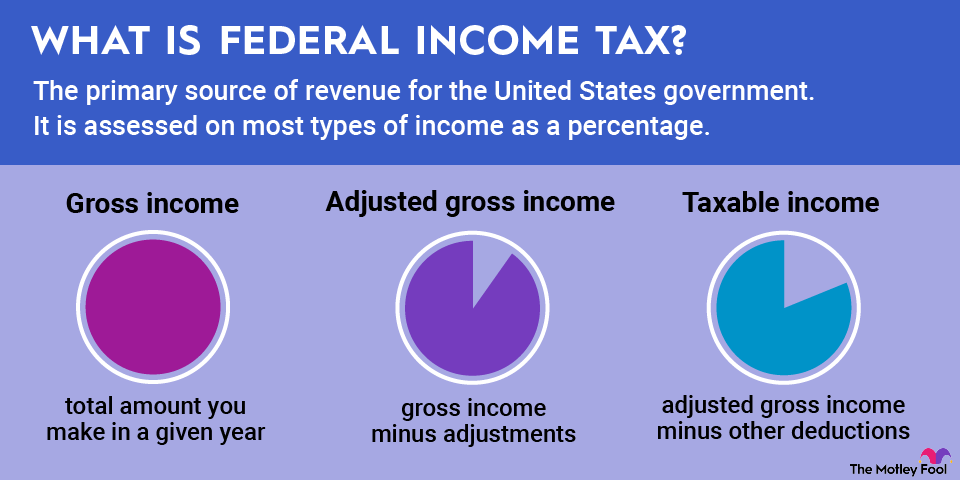As a regulated financial institution, your bank can then lend money to a building developer working on a large apartment complex, and you can earn interest for your part in the transaction. The area gets a bunch of new residential housing, you get extra cash, and everybody’s happy.
Regulating financial institutions
In the United States, financial institutions are carefully regulated and have significant oversight because hiccups in their operations can significantly damage the overall economy. Before regulation, panicked depositors who demanded their money be withdrawn en masse, for example, could easily destroy a financial institution.
Laws were passed to ensure that all depositors were protected against these “runs” on the bank. This also applies to other institutions, like mortgage lenders, insurance companies, credit unions, stock brokers, and others. Some policies are designed to protect large financial institutions from collapsing during a significant economic downturn, like the financial crisis in 2008 that resulted in mass foreclosures.
Some people may criticize the concept of “too big to fail,” which essentially means that a financial institution (or other massive entity) is so large that if it were allowed to fail, it would drag the entire economy down with it. But these policies also protect depositors from losing deposits and guaranteed investments they made in good faith, with an expectation that their money would be safe.
Related investing topics


